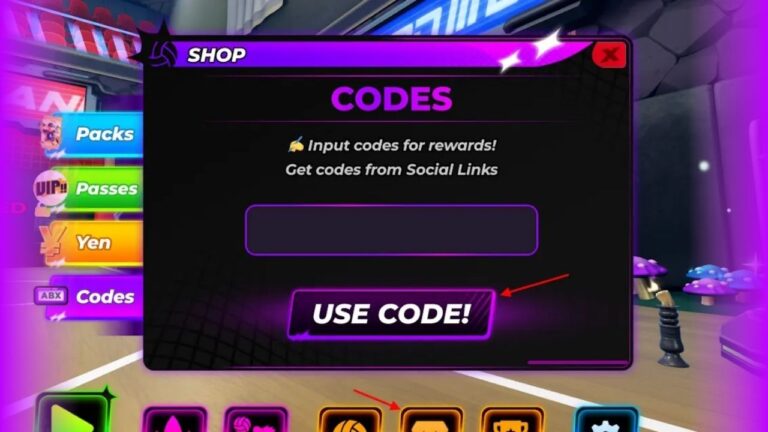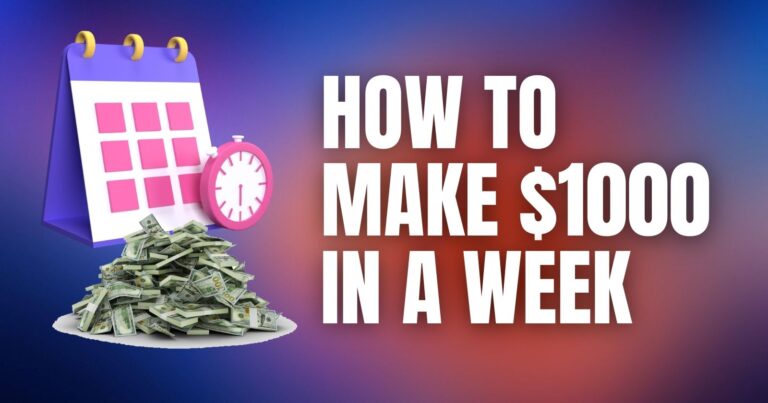Paying off debt can feel like a daunting task, but with the right strategies, you can pay it down faster and regain control of your finances. Whether you’re dealing with credit card debt, student loans, or personal loans, implementing smart, structured approaches can help you save money on interest and reduce the stress that comes with carrying debt. Below are several strategies that can accelerate your journey to becoming debt-free.
1. Focus on High-Interest Debt First (Debt Avalanche Method)
One of the most efficient ways to pay off debt faster is by tackling your high-interest debts first. This is known as the debt avalanche method. Here’s how it works:
- List all your debts and their interest rates.
- Focus on paying off the debt with the highest interest rate while making minimum payments on the rest of your debts.
- Once the highest-interest debt is paid off, move on to the next highest-interest debt.
This method saves you the most money in the long run because you’re minimizing the amount you pay in interest. The faster you pay off high-interest debts, the sooner you can allocate those funds to other debts.
2. Debt Snowball Method for Motivation
While the debt avalanche method is the most cost-effective, the debt snowball method is often recommended for people who need motivation to stay on track. Here’s how it works:
- List your debts from the smallest balance to the largest.
- Pay off the smallest debt first, while making minimum payments on the others.
- Once the smallest debt is paid off, move to the next smallest, and so on.
The psychological benefit of seeing smaller debts disappear quickly can provide the motivation needed to keep going. Though it may cost you more in interest, the debt snowball method has helped many stay committed to their debt repayment journey.
3. Consolidate Your Debts
Debt consolidation is another strategy that can help simplify your payments and lower your interest rates. By consolidating multiple debts into one loan or balance transfer credit card, you reduce the number of payments you have to keep track of, and potentially lower your interest rate.
- Debt Consolidation Loan: You take out a new loan with a lower interest rate to pay off several high-interest debts. This method can simplify payments and possibly reduce the amount of interest you pay.
- Balance Transfer Credit Card: If you have credit card debt, transferring balances to a card with 0% APR for an introductory period can give you time to pay off the balance without accruing additional interest.
Consolidation works best if you can secure a lower interest rate and commit to paying off the new loan aggressively.
4. Cut Unnecessary Expenses
One of the quickest ways to free up more money for debt repayment is to cut back on non-essential spending. This doesn’t mean you have to live a life of deprivation, but identifying areas where you can reduce spending can have a significant impact on your debt repayment timeline.
- Review your budget and find areas where you’re spending more than necessary (subscriptions, dining out, entertainment, etc.).
- Consider temporary sacrifices, such as avoiding large purchases, taking on a side job, or reducing discretionary spending for a few months to put more money toward debt.
Every extra dollar you can put toward paying down your debt will help accelerate your progress.
5. Use Windfalls to Pay Off Debt
When you receive unexpected money—whether it’s a tax refund, work bonus, inheritance, or even a gift—use it strategically to pay down your debt. While it might be tempting to spend it on something fun, applying that windfall directly to your debt can make a huge difference in your financial situation.
For example, if you receive a $1,500 bonus, use it to pay down your highest-interest debt. By doing this consistently, you can make a large dent in your debt without affecting your regular monthly budget.
6. Automate Your Payments
Set up automatic payments for both the minimum payments and extra payments to stay on track with your debt repayment goals. Automating payments ensures you never miss a due date, which can help avoid late fees and additional interest charges.
Additionally, consider setting up automated transfers to a savings account for emergencies. This prevents the temptation to dip into funds that should be reserved for paying off debt.
7. Negotiate Lower Interest Rates
Contacting your creditors and negotiating for lower interest rates can be an effective way to reduce the amount you pay over time. Many credit card companies and lenders are willing to work with customers who are committed to paying off their debt but may need some flexibility.
- Credit Cards: If you have a good payment history, ask for a lower interest rate or explore other cards that offer 0% APR for balance transfers.
- Student Loans: Some federal student loans offer income-driven repayment plans, or you can refinance private student loans to a lower rate.
Even a small reduction in interest rates can make a significant difference in the amount of time it takes to pay off your debt.
8. Consider a Side Hustle or Extra Income
Increasing your income is a surefire way to pay off debt faster. While this option requires extra effort, it can greatly accelerate your debt repayment process. You can:
- Take on a part-time job or gig work, such as driving for a ride-share service, babysitting, or freelance writing.
- Sell unused items around the house on platforms like eBay, Facebook Marketplace, or Poshmark.
The additional money earned can be directly applied to your debt, helping you reduce your balances more quickly.
9. Refinance or Pay Extra on Loans
If you have a mortgage or car loan, refinancing to a lower interest rate could save you money and allow you to pay off the loan more quickly. Alternatively, paying extra toward the principal balance on these loans can help reduce the total interest paid over time.
- Mortgage Refinancing: Refinancing your mortgage can lower your monthly payments or shorten the term of the loan, allowing you to pay it off faster.
- Auto Loan Refinancing: Similar to mortgages, auto loans can be refinanced for a lower rate or better terms, freeing up more money for debt repayment.
Before refinancing, make sure the savings are substantial enough to justify any associated fees.
Final Thoughts
Paying off debt may seem overwhelming, but by using a combination of the strategies outlined above, you can make significant progress. Whether you prefer the methodical approach of the debt avalanche, the motivational boost of the debt snowball, or finding ways to cut costs and increase income, the key is to stay consistent and focused on your goal.
By staying disciplined, setting realistic goals, and implementing smart strategies, you can reduce your debt faster and achieve financial freedom. Start today, and remember: every small step adds up over time.











